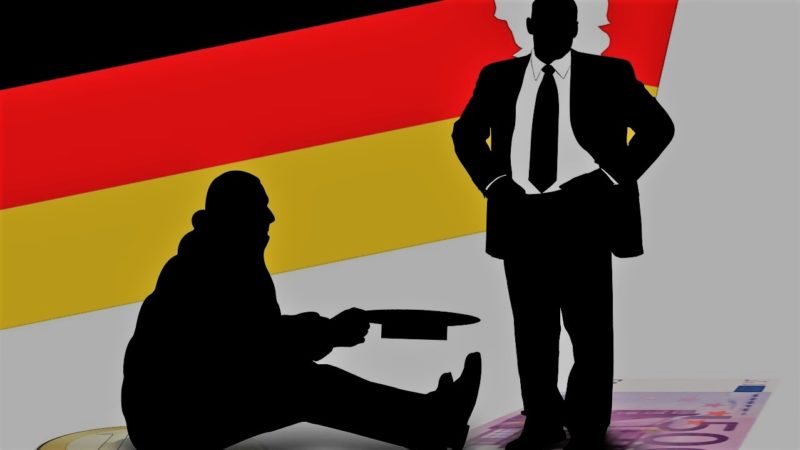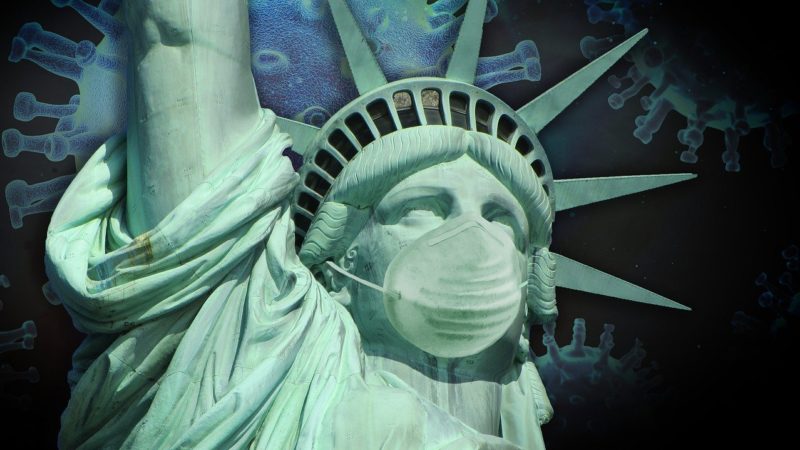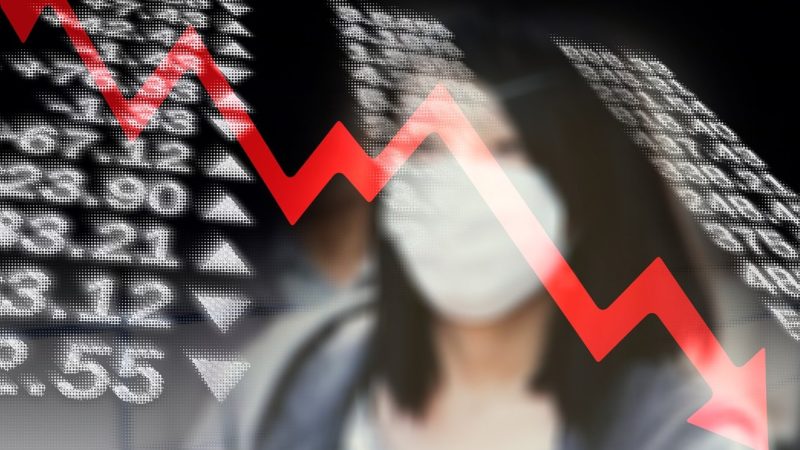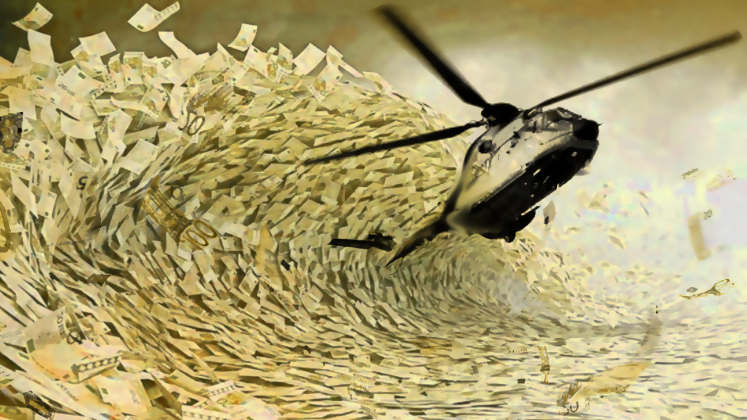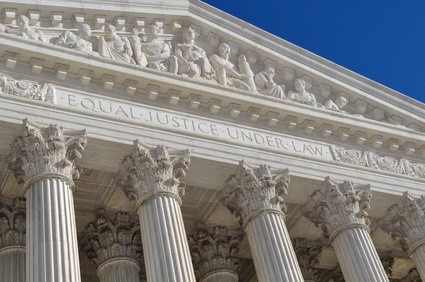Money Glut, Debt, and Rolling Central Bank Guarantees: Full Steam Ahead towards the Abyss
Central banks have become prisoners of their own policies with their perpetual monetary glut. Everyone knows this, and everyone knows that everyone knows it. But proclaiming a different message, they shirk responsibility. The party must go on at all costs.
Rescuing Businesses during the Coronavirus Crisis Accelerates the Path to a State-Run Economy
The lockdown has accelerated the onset of the financial crisis. Global rescue programs are opening the door to a creeping nationalization. We now face the threat of the kinds of restrictions found in former planned economies.
The Political Management of the Coronavirus Crisis: The Potential Harm of Damage Compensation
We could be facing the biggest economic crisis of all time. Will politicians be able to learn the lessons from this and use the crisis as an opportunity for a new beginning in economic and public health policy?
The Euro Illusion: From a Project of Integration to a Green Planned Economy
At first it seemed as if the new President of the European Central Bank (ECB) Christine Lagarde would simply continue the loose monetary policy of her predecessor. But now she has announced a green policy shift. This marks the beginning of a whole new act in the euro drama.
On the Abuse of Monetary Policy
The euro has been a political project since its inception. That is why the independence of the European Central Bank was also in danger from the outset. In the end, it always came down to the alternative “Cambridge or Vienna” or, rather, “Keynes or Hayek.” The option for Keynes led to an increasing politicization of monetary policy in the European Monetary Union.

